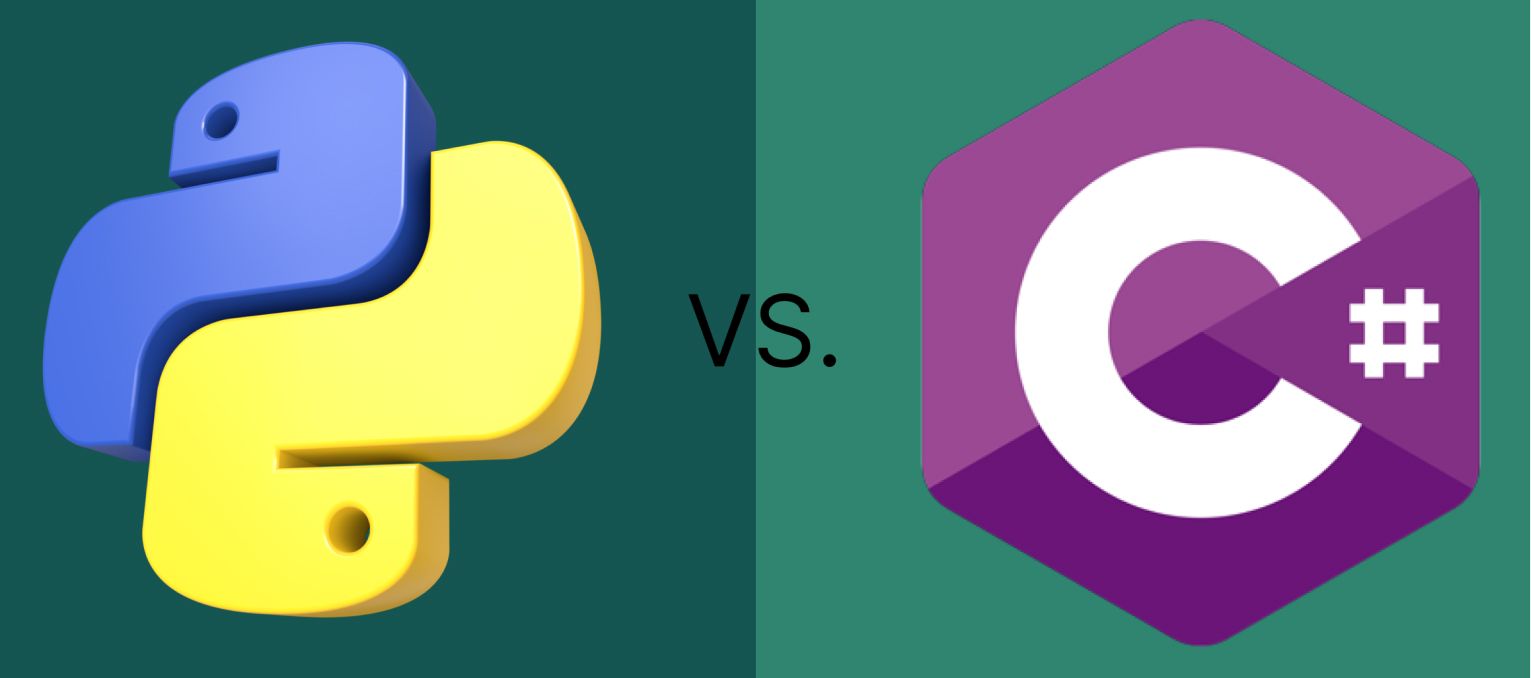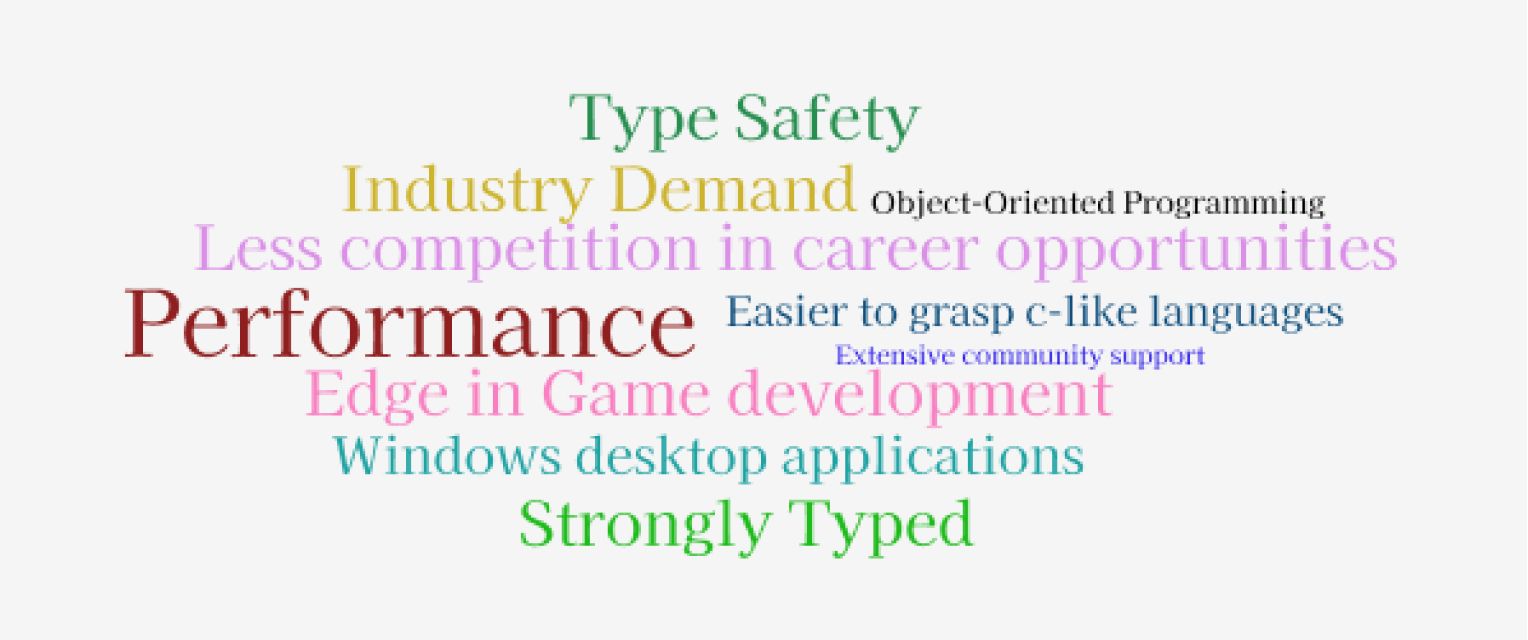Is Python the only way? 10 reasons why C# could be a good alternative

Python has become a popular language among educators. Today, Python dominates education. It is often taught in high schools and colleges as an introduction to programming. But hold your horses, folks! Just because Python is the new cool guy on the block, this does not imply that it is the best option for everyone. Python is taught to students not because it is useful or students want it, or because there is a high demand on the market, but because colleges have python teachers and it could be easier to teach Python. This article will explore some drawbacks of starting with Python and its alternatives.
Challenges with Python
Despite the fact that Python is simpler to start with, there are drawbacks to starting with it. One of the main issues with Python is that it is an interpreted language, which means it is slower than compiled languages like C# and Java. Additionally, Python is dynamically typed, making it harder to catch errors during development. Most importantly, Python is a fantastic language for data science and machine learning, but it might not be the ideal option for other areas of software development. But you might ask: what are the alternatives? And that's when C# comes into the picture.
C# as an Alternative
C# (pronounced "see sharp") is a high-level, object-oriented programming language developed by Microsoft in 2000. It could be a good alternative for students who want to learn to program. It is designed to build robust and scalable applications for Windows, the web, mobile platforms and video games for your Xbox.😉
10 reasons why C# is the best choice for beginners

Here are 10 key benefits why you should learn C# over Python:
- Less competition in career opportunities: Python is a popular language, meaning there is a lot of competition for jobs in the field. In contrast, C# is not as widely used, which means there is less competition for jobs. This could be an advantage for students interested in pursuing a career in software development.
- Industry Demand: C# is widely used in game development, developing Windows and web-based applications. All these facts make it a valuable skill for students interested in a career in software development.
- Object-Oriented Programming: C# is a fully object-oriented language. This means that learning C# makes it easy to learn object-oriented programming key concepts like inheritance, encapsulation, polymorphism and Data abstraction.
- Easier to grasp c-like languages: C# has a syntax similar to many other popular programming languages like Java and C++. So, if you learn C#, you will have an easy time learning other languages in the future.
- Game development: C# is the language many popular game engines use worldwide, such as the Unity game engine. So, if a student aspires to develop video games, C# is the language to learn.
- Windows desktop applications: Building Windows desktop applications is a breeze using C#. Learning C # will be beneficial if you want to create software for companies or other organisations that use Windows computers.
- Extensive community support: C# has a sizable developer community consistently producing new libraries and tools. For students who desire to learn C#, numerous resources are available.
- Type Safety: C# is a statically typed language. In C#, the type of a variable is defined at compile time, making the code safer and less prone to errors.
- Strongly Typed: C# is a strongly typed language, meaning variables have a defined type and cannot be converted to other types, reducing the chances of bugs.
- Performance: C# is a compiled language optimised for performance and can execute faster than interpreted languages like Python.
In conclusion, while Python is an excellent language for data science and machine learning, it may not be the best choice for all areas of software development. Starting with C# could be a good alternative for high school students. It is a compiled language faster than Python. It has many benefits, including less competition in career opportunities, easier-to-grasp c-like languages, game development, Windows desktop applications, and extensive community support. However, the final decision should be based on the goals and interests of the students and the resources available to teach them.
